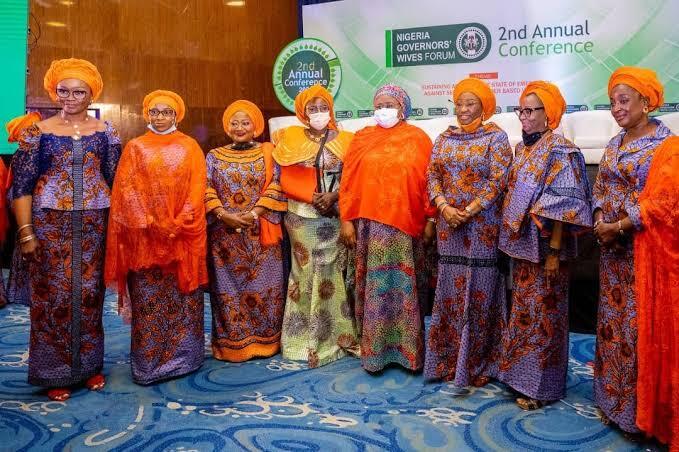• HURIWA challenges EFCC to name governors being investigated
Centre for Anti-Corruption and Open Leadership (CACOL) has condemned the refusal of some Ministries, Departments and Agencies of Government (MDAs) to set up Anti-Corruption and Transparency Units (ACTUs) in their respective organisations.
A statement yesterday, signed by the Director of Administration and Programmes, Tola Oresanwo, on behalf of its Chairman, Mr Debo Adeniran, noted that the revelation by the Independent Corrupt Practices and Other Related Offences Commission (ICPC) that 92 Ministries, Departments, and Agencies (MDAs) had failed to establish ACTUs, more than two decades after the Federal Government mandated their creation, was not only alarming but a damning indictment of the pervasive culture of impunity and institutional resistance to transparency in Nigeria’s public sector.
The commission also disclosed that out of the 303 MDAs assessed as of the end of 2024, only 84 had functional ACTUs. According to the organisation, 127 MDAs operate with weak or ineffective units, while five have units existing in name only, undermining the fight against institutional corruption.
The organisation also noted that in MDAs where ACTUs exist, the units had largely become compromised and co-opted by the very institutions they were meant to oversee.
The group recommended that ACTU members should be individuals of proven integrity, who are not direct staff of the MDAs they are tasked to monitor.
It also called on the National Assembly and relevant oversight bodies to enforce sanctions against any MDA that failed to comply with the anti-corruption mandate.
IN another development, HURIWA has challenged the Economic and Financial Crimes Commission (EFCC) to name the 18 sitting governors being investigated by the commission.
The Executive Chairman of the EFCC had, in a meeting with movie producers in Lagos, informed Nigerians that his agency was investigating 18 governors for alleged offences bordering on fraud, just as he stated that those indicted would be prosecuted at the end of their tenure of office when the constitutional immunity from prosecution would elapse.
HURIWA, which also carpeted serving governors on what it described as spending sprees by building white elephant projects, also tasked the EFCC to expose the specific allegations made against the 18-siting governors undergoing investigation as a way of encouraging whistle-blowers.
MEANWHILE, the United States has drawn attention to a report exposing alleged extravagant spending on government residences and infrastructure projects.
In a post on its official X (formerly Twitter) account on Tuesday, the US Mission Nigeria shared a link to a publication by The Africa Report, titled “Nigeria’s ruling class splashes billions on government houses.”
The article highlights a pattern of excessive expenditure by some governors, even as President Bola Tinubu urges citizens to endure the economic impact of his administration’s reform policies.
It cited specific examples, such as Oyo State Governor, Seyi Makinde’s approval of N63.4 billion for renovating the Government House, describing the facility as an embarrassment and unbefitting.
In Gombe State, Governor Inuwa Yahaya allocated N14.9 billion for constructing a new ultra-modern residence and another N14.23 billion for the House of Assembly complex.The U.S. said: “Such alleged lack of fisca






